I have been tempted to write a blog concerning democracy for some time, but every time I get close, I stop and question how to define it, how I choose to see it practiced and whether I even believe in the concept. I am finally taking the plunge and right now with a week to go till the end of my stay in Cape Town, I cannot think of a better time. I cannot define democracy solely by examining the Greek definition because one of the greatest disconnects, dichotomies and whatever one chooses to call it is the difference between theory and practice. Theoretical democracy is far more attractive than in practice where it means so many different things.
My own exposure to the practice of democracy is questionable. I have never voted in any governmental elections in my life (granted I have only been of voting age for 4 years or so). The chance to vote never presented itself easy for me and it does not do so for a lot of citizens who find themselves transgressing the globe with one citizenship, another permanent residence, and different types of visas that limit them. Even within those transgressing, there are the privileged and underprivileged (what has been increasingly labelled as the underbelly of globalisation). In that situation I wonder whether we have any sort of grounding or claim to living in a democratic society. I have no vote, I have no voice and I have no say in the countries I choose to inhabit at any time.
Furthermore, can we be democratic if we are restricted to having a voice and pushing for change only in the nations in which we are given citizenships or choose (very rarely) to become citizens of. What happens to the ones where that choice does not exist: refugees, workers (migrant or otherwise), and students seeking education? Can any country make a claim to democracy when it chooses to exclude the people, the people who exist within, irrespective of background, citizenship, race, class or gender.
One of the greatest complications to democracy is whether one defines it in terms of the boundaries of the modern nation-state. The nation-state is a system that is consistently dually influenced by and that influences the people. Which people and how is a different question but it is a concept that I personally struggle with. The nation state is both a reality and as Benedict Anderson puts it, imagined communities. Taking it as given is far easier when one is defined by it far more than if one consistently transcends it physically and psychologically. Within that analysis, how does one define democracy in relation to the nation-state? How does any state call itself democratic when there is always a population within it that has no voice purely due to the ‘citizenship’? What is democratic citizenship? I rarely find myself arriving at conclusions but more possibly more questions. The one thing I am sure about is that it is unacceptable that we suspend the democratic voice of those who find themselves transgressing the boundaries of the nation-state irrespective of who they are and it is my starting point.
Yukta
Saturday, July 28, 2007
What is democracy?
Posted by Why Democracy House at 11:08 PM
Subscribe to:
Post Comments (Atom)
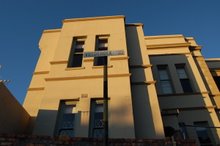

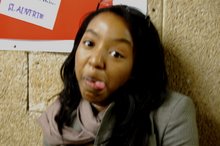





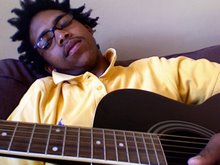
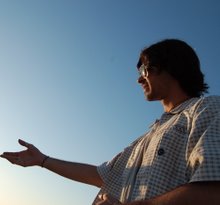


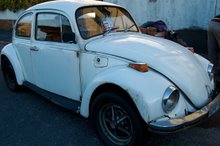

0 comments:
Post a Comment